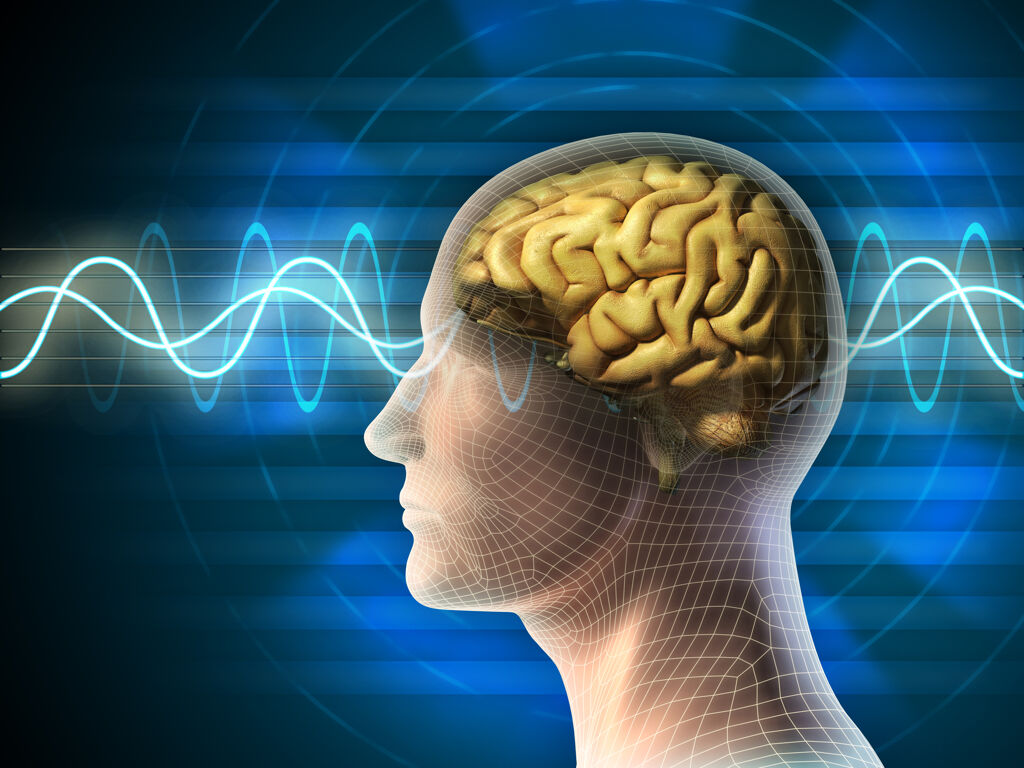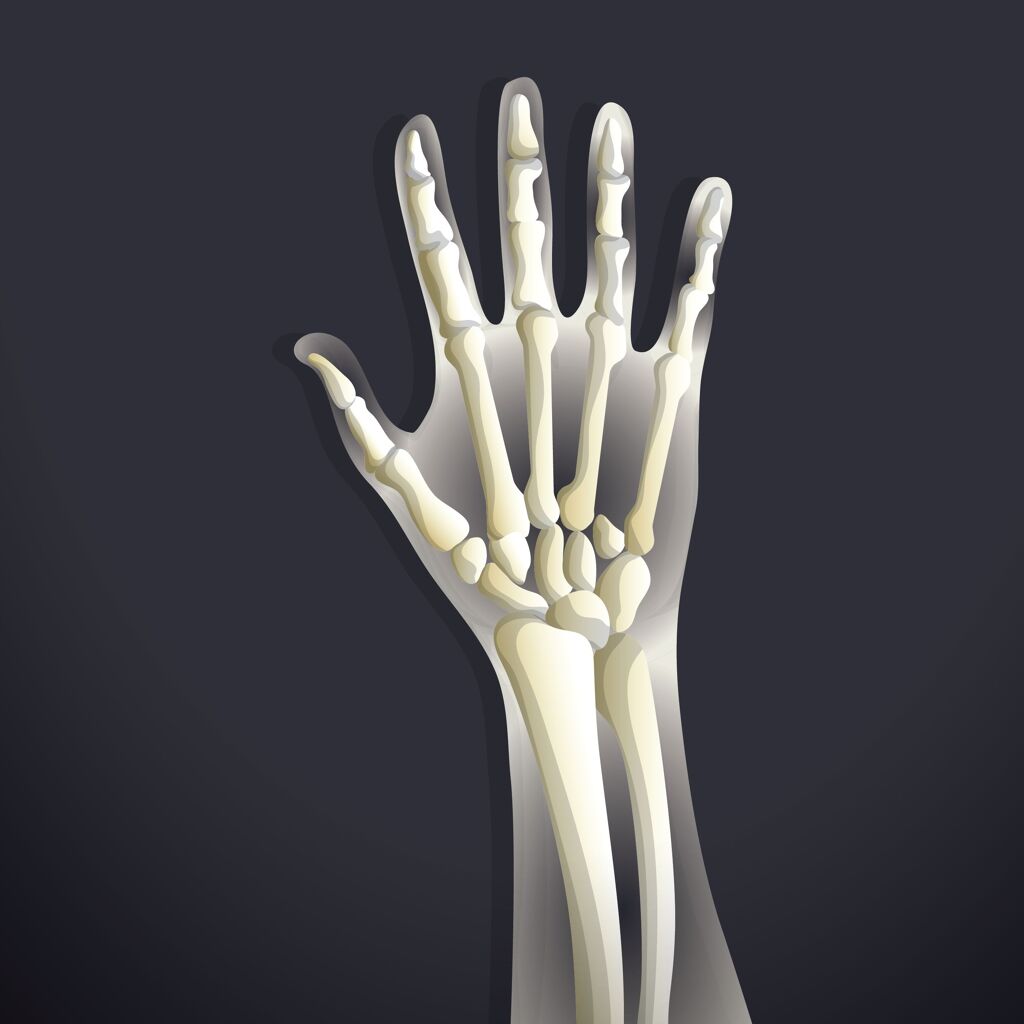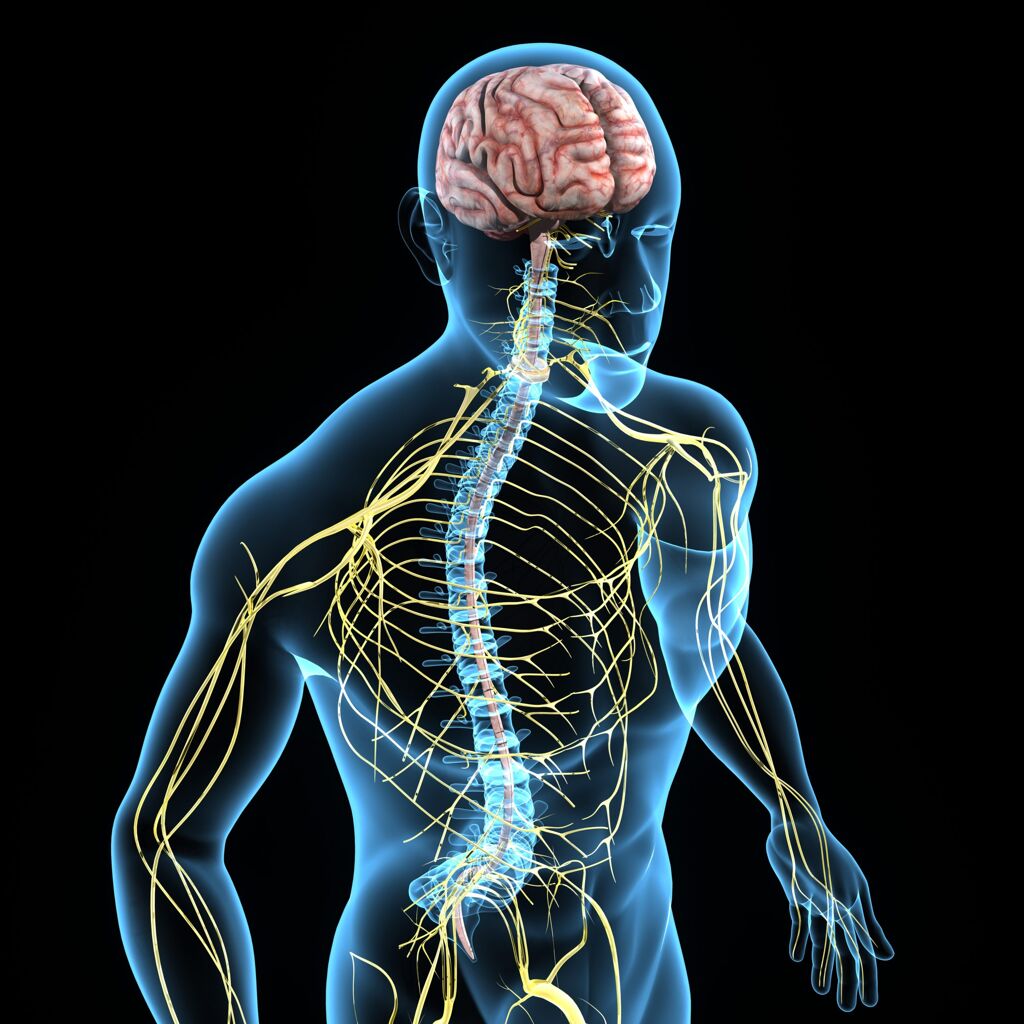Support A Better Brain With These Supplements

How can you support cognition and brain health, to get a ‘better brain’? Read our Better Brain blogs on diet, exercise, and meditation for better cognition and brain health. Today we look at nutritional supplements for a better brain.
The different cognitive abilities that make up cognitive function are attention, executive function, decision making, memory, reasoning, perception, language, creativity and knowledge.
Alzheimer’s, dementia and other neurological conditions are on the rise. Much of this neurodegenerative deterioration of the modern brain is driven by lifestyle habits, or epigenetic factors. You can read more on Alzheimer’s & diet & lifestyle, including factors like infection or mold illness, here and here.
Even small declines in cognitive function can predict worsening cognition and increased risk of Alzheimer’s disease, dementia and other cognitive problems later in life (Vyas CM, 2024).
- Your lifetime risk of developing Alzheimer’s is approximately 15%, assuming no prevention (Bredesen, 2016).
If we can adopt the right diet, exercise for our brains, meditation practice, and supplement accordingly, we can maintain good brain health into old age. Read on for info on the supplements that will help you to get a better brain!
- Multi Vitamin & Mineral (MVM) Supplement & Vitamin D
- Polyphenols
- Omega 3 Fatty Acids
- Pre & Probiotics
- Supplements which Raise Acetylcholine
- Supplements which Raise BDNF
Improve Nutritional Intake with a Multi Vitamin & Mineral (MVM) Supplement:
It is difficult to get all of our nutrition from diet today. Convenience and processed foods are everywhere, people don’t have time to focus on a whole foods diet, fruits and vegetables are less nutritious due to depleted soils, chemicals and toxins are everywhere and life is stressful which burns through nutrients more quickly. But we can supplement to help round out our diet and cover nutritional needs.
For good brain and overall health, we need B complex, vitamins D, C and E plus essential minerals and other nutrients. Research shows that a daily multi vitamin & mineral (MVM) supplement has a statistically significant benefit for global cognition, memory and executive function (Baker LD, 2023).
- Taking a daily MVM supplement for 3 years improved global cognition, episodic memory and executive function in older adults (Baker LD, 2023).
- People taking a multivitamin supplement had significantly better immediate recall after 1 year, and after 3 years (Yeung LK, 2023). An MVM supplement improves memory performance by the equivalent of 3.1 years of memory improvement (Yeung LK, 2023).
- Various studies prove very clearly that a daily MVM supplement, compared to a placebo, improves memory and global cognition in older adults (Yeung LK, 2023).
Vitamin D:
In addition to bone and immune system health, vitamin D is important for the brain. It is linked to better cognitive function, a stronger memory, slower cognitive decline and lower inflammation and oxidative stress. Dementia is associated with low vitamin D levels (Melo van Lent D, 2023).
- People with vitamin D deficiency had a 25% increased risk of all-cause dementia, a 19% increased risk of Alzheimer’s disease and a 24% increased risk for vascular dementia (Chen LJ, 2024).
- People with vitamin D insufficiency, a less severe lack of vitamin D than deficiency, had a 10-15% increased risk of dementia (Chen LJ, 2024).
- People who regularly take vitamin D and multivitamin supplements had a 14% lower risk of vascular dementia and a 17% lower risk of Alzheimer’s (Chen LJ, 2024).
- Vitamin D is thought to improve the clearance and breakdown of amyloid plaques (Chen LJ, 2024).
Polyphenols & the Blueberry:
178 grams of blueberries per day improve memory and accuracy and lower blood pressure (Wood E, 2023). In one study, people were given freeze-dried wild blueberry powder (equal to 178 grams of blueberries) every day for 12 weeks. They had better memory, greater mental flexibility, better accuracy and lower blood pressure (Wood E, 2023).
The blue pigments in blueberries are anthocyanins, which are a type of polyphenols. Polyphenols are micronutrients found in plant foods. Polyphenols protect against neuroinflammation, maintain synaptic plasticity of neuronal networks in the brain, help cerebral blood flow and prevent mitochondrial dysfunction. This helps learning and good cognition (Godos J, 2023).
- Polyphenols improve memory and executive functioning in older adults at risk for cognitive decline (Wood E, 2023).
- The polyphenols in blueberries, anthocyanins, improve cognitive function and vascular health (Wood E, 2023).
- Anthocyanins are associated with a 27% lower risk of cognitive issues (Godos J, 2023).
- Flavones, also a polyphenol, are linked to a 23% lower risk of cognitive decline (Godos J, 2023).
- To get more polyphenols in the diet, supplement with a high-quality blueberry powder or greens powder.
Good Fats for a Healthy Brain:
Omega 3 fatty acids are EPA and DHA fats and are associated with a lower risk of cognitive decline (Wei BZ, 2023). Long-term consistent supplementation of Omega 3 fatty acids reduces risk of Alzheimer’s disease, dementia and cognitive decline (Wei BZ, 2023):
- Omega 3 fatty acids, and especially DHA, decrease the risk of all-cause dementia and cognitive decline by 20% (Wei BZ, 2023). Taking Omega 3 supplements over the long-term lowers risk of Alzheimer’s by 64% (Wei BZ, 2023).
- Each increment of 0.1 gram/day of DHA or EPA intake is associated with an 8-10% lower risk of cognitive decline (Wei BZ, 2023).
- In older adults, delayed recall, processing speed and cortex thickness were measured. EPA and DHA levels were associated with higher total white matter volume and cortical thickness in brain structure and higher scores on delayed memory recall (Loong S, 2023).
- In older adults, high Omega 3 levels is associated with better memory, processing speed and brain structure (Loong S, 2023).
Gut health, Prebiotics & Probiotics:
The Gut Brain Axis links gut health with brain health. Inflammation, dysbiosis or poor health in the gut affects the brain and can contribute to neurocognitive decline. This happens via a leaky gut, neuroinflammation, insulin resistance and poor nutrition that reduces anti-inflammatory and antioxidant nutrients in the gut. These gut issues are directly mediated by nutrition levels and can damage cognition (Cardoso BR, 2022).
Gut health declines with age. The gut becomes more vulnerable to disease, medications and lifestyle changes, with reduced diversity of bacteria species in older people. Prebiotics can mediate changes in the gut microbiome that improve cognition in older people (Lochlainn MN, 2024).
Prebiotics are the food that gut bacteria eat. They are found in high-fiber foods like oats, green bananas, dandelion greens, raw onions, leeks & garlic, apples and artichokes.
Prebiotics decrease intestinal inflammation and leaky gut. They improve gut bacteria composition and increase Bacteroidetes, a species of beneficial bacteria.
- People over the age of 60 were given a daily prebiotic supplement for 12 weeks. The prebiotic supplement increased levels of the healthy gut bacteria Bifidobacterium (Lochlainn MN, 2024).
- The prebiotic supplement improved cognition, hand grip strength (which is important for longevity), exhaustion and overall frailty in older adults (Lochlainn MN, 2024).
- People consuming high amounts of prebiotics had a significantly higher score of cognitive function compared to those with a low prebiotic intake (Tang H, 2024).
FOS and GOS are Fructooligosaccharide and Galactooligosaccharide, two types of prebiotics. FOS and GOS decrease inflammatory cytokines and increase anti-inflammatory molecules (Rodrigues de Paiva IH, 2023). FOS and GOS modulate the gut microbiota, decrease neuroinflammation and promote neuroplasticity, improving spatial learning and memory (Rodrigues de Paiva IH, 2023). They decrease amyloid beta plaque and tau phosphorylation, both of which occur in Alzheimer’s and dementia (Rodrigues de Paiva IH, 2023).
To Read About Blog Topic, Scroll Down
Want To Work With Our Clinic?
Do you have a chronic or mystery illness that no one has been able to help you with? Are you simply wanting to re-connect with a healthier version of yourself? It’s Time To Finally Feel Better!
Probiotics:
Probiotics also reduce inflammation. Certain strains of probiotics can improve and even prevent cognitive decline (Asaoka D, 2022) and are linked better global cognition (Tang H, 2024).
- The probiotic strain Bifidobacterium breve MCC1274 reduces inflammation due to amyloid plaque in mice. In humans, it can improve memory and prevent brain shrinkage linked to inflammation (Asaoka D, 2022).
- Bifidobacterium breve MCC1274 can prevent memory impairment, decrease beta amyloid levels, lessen microglial activation (which is inflammatory) and decrease pro-inflammatory cytokines in the brain (Asaoka D, 2022).
- Taking the probiotic Bifidobacterium breve MCC1274 for 24 weeks suppressed brain atrophy progression, which helps prevent cognitive impairment in MCI-vulnerable older people (Asaoka D, 2022).
Supplements to Raise Acetylcholine:
Acetylcholine is a neurotransmitter involved in cognition, brain function, memory, thinking and learning. High acetylcholine helps brain function and improves mental performance. If acetylcholine in the brain is low, then learning and memory problems, brain disorders, dementia and Alzheimer’s can result (Haam J, 2017).
Choline is an important nutrient that is a precursor of acetylcholine, meaning it gets converted into acetylcholine. Choline deficiency, like low acetylcholine, is correlated with memory dysfunction.
Acetylcholine cannot be taken directly. We can take specific supplements that increase choline, thereby increasing acetylcholine. These are alpha-GPC and citicoline. Other supplements inhibit the breakdown of acetylcholine. They do this by inhibiting the action of the enzyme acetylcholinesterase, which raises acetylcholine.
Alpha-GPC increases levels of acetylcholine in the brain. Alpha-GPC supplements reduced accumulation of amyloid deposits and re-balanced the inflammatory response of immune and other cell types (Munafò A, 2024).
Alpha-GPC reduces pro-inflammatory substances while increasing anti-inflammatory molecules. Alpha-GPC was effective in restoring cognitive dysfunction. Alpha-GPC supports synapses in the brain, which maintain heathy cognition (Munafò A, 2024).
Citicoline improves brain uptake of choline in older people, reversing early signs of age-related cognitive decline. It supports communication between brain cells, improves attention, memory, information processing and mood, in middle-aged and older adults (Świątkiewicz M, 2023). Taking citicoline supplements for 12 weeks can significantly enhance overall memory, including recall of names and faces, in healthy people with mild memory decline (Świątkiewicz M, 2023).
Alternatively, taking things that inhibit the breakdown of acetylcholine can raise acetylcholine:
- Bacopa monnieri: Bacopa monnieri can improve cognitive performance. Bacopa in clinical studies improves verbal learning, delayed word recall and memory (Walker EA, 2024).
- Ginkgo biloba: Gingko inhibits the breakdown of acetylcholine (Batawi, 2024). Ginkgo biloba reduces amyloid beta formation (Batawi, 2024). It can improve cognitive function in both healthy adults and those with age-related cognitive decline or dementia. Ginkgo consistently improved attention, memory and mental processing speed (Batawi, 2024).
- Huperzine A inhibits the breakdown of acetylcholine, increasing acetylcholine. Huperzine A improves memory and decreases amyloid beta activity (Yan YP, 2022). It can reduce cognitive decline and improve memory, mental function, motivation and focus (Yan YP, 2022).
Supplements to Raise BDNF:
Increasing Brain-Derived Neurotrophic Factor (BDNF) levels is linked to better cognitive function (Liu H, 2023). BDNF helps maintain synaptic plasticity in learning and memory. Low BDNF is linked to amyloid beta accumulation, tau phosphorylation, neuroinflammation and neuronal apoptosis, all of which are involved in cognitive decline, dementia and Alzheimer’s disease (Gao L, 2022).
We can raise BDNF in different ways. Diet helps, as does exercise. Certain supplements, like curcumin, Omega 3 fatty acids, theanine and resveratrol raise BDNF.
- Curcumin helps treat chronic neurodegenerative diseases and the neurodegeneration process. Curcumin supplements significantly increased BDNF levels (Sarraf P, 2019). It helps activate signaling pathways related to BDNF. Via this pathway, it can prevent neurodegeneration (Kandezi N, 2020).
- Omega 3: BDNF levels are significantly increased with Omega 3 supplements, compared to people who do not take Omega 3. This is especially true if 1500 mg/day Omega 3 is taken for more than 10 weeks (Liu H, 2023). Omega 3 reduces oxidative damage in brain cells, improves brain plasticity and raises BDNF levels.
- Theanine increases BDNF, having a neuroprotective effect (Xu W, 2024). In mice, theanine can upregulate levels of BDNF in the hippocampus of the brain (Xu W, 2024).
- Resveratrol is an antioxidant that induces BDNF production in the hippocampus and prefrontal lobe, enhancing learning and mood. Resveratrol stimulates synaptic plasticity, is neuroprotective and helps prevent age-related neurological disorders. It triggers hippocampal neuronal plasticity by directly promoting BDNF synthesis (Serra M, 2019).
Incorporating brain-boosting supplements can help cognition. Depending on your cognitive status, you can try taking some or all of these supplements, or rotating them. Some of these nutrients can also be increased through diet. Get in touch with us if you want help on a specific regime for cognitive support.
** Follow us for our next Blog on the Optimizing your Brain through other Diet & Lifestyle Factors, using a Functional Medicine approach **
SUMMARY
- Certain supplements can improve cognition. We can use these supplements to support and even enhance brain health.
- Supplementing these nutrients can be very effective in people who are already experiencing cognitive decline and neurodegenerative issues.
- A multi vitamin & mineral supplement, vitamin D, polyphenols and Omega 3 fatty acids all support brain health and good cognition.
- Via the Gut Brain Axis, pre & probiotics improve cognition.
- Acetylcholine is a neurotransmitter involved in strong cognition. There are supplements which raise acetylcholine. These include alpha-GPC, citicoline, Bacopa monnieri, Ginkgo biloba and Huperzine A.
- Other supplements raise BDNF, which is linked to better cognitive function. These include curcumin, Omega 3 fatty acids, theanine and resveratrol.
- Read our Better Brain blog series to improve your brain heath through diet, exercise and meditation.
As always, please get in touch with us. If you or someone you know is struggling with cognitive issues, contact our clinic today. We can work on any issue(s) and improve your health. Book a free health evaluation call with us today. We can answer your questions and book an initial consult with a functional medicine doctor in our clinic.











